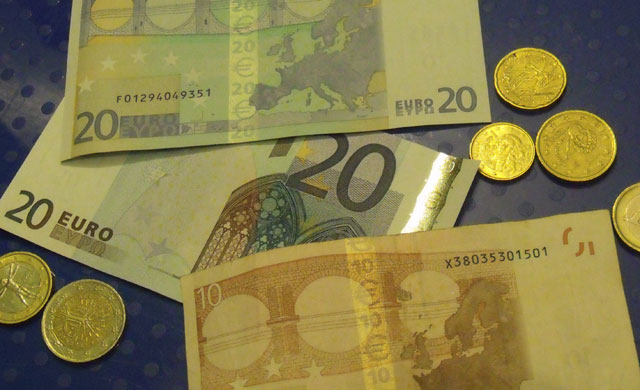The story has been brewing for a time now and the latest development reveals Slovenia, feared to be the next and sixth country to be bailed out by EU, is doing what it can to avert a financial meltdown that has caused quite a pandemonium in the five countries that secured the same since the financial crisis hit the eurozone.

Alenka Bratusek, the country’s newly elected Prime Minister, announced, earlier today, measures that will raise some €900 million (£761 million) needed by the nation’s banking system through a series of tax increases, spending cuts, and privatisation of state-owned companies.
Bloomberg reported the Slovene Government plans to raise sales tax in July and levy property tax starting next year coupled with a sale of about 15 state-owned firms, including Nova Kreditna Banka Maribor d.d – the country’s second largest bank – and Telekom Slovenije d.d.
The measures still need the nod of the European Commission, which was due to decide on the proposal by the end of the month, according to the BBC.
Prime Minister Bratusek, nonetheless, is confident that the measures, which she referred to as “least harmful option” will be accepted by the European Commission.
“I believe this will satisfy the European Commission as I wouldn’t be doing it if I believed otherwise,” Bratusek told reporters earlier today.
Yesterday, EU Economic Affairs Commissioner, Olli Rehn already stated the Eurozone’s actions will be based on the how “convincing, concrete and reliable” Slovenia’s proposals will be.
Last week, Slovenia raised US$3.5 billion from a sale of bonds even as credit ratings agency Moody’s considered them junk, with the proceeds understood to be used to stabilise the country’s banking system as it awaits restructuring.
The country is in its second recession since 2009 and its economy expected to shrink by 2% by the end of 2013 and by 0.1% in 2014, according to a report of the European Commission.


 Hot Features
Hot Features













